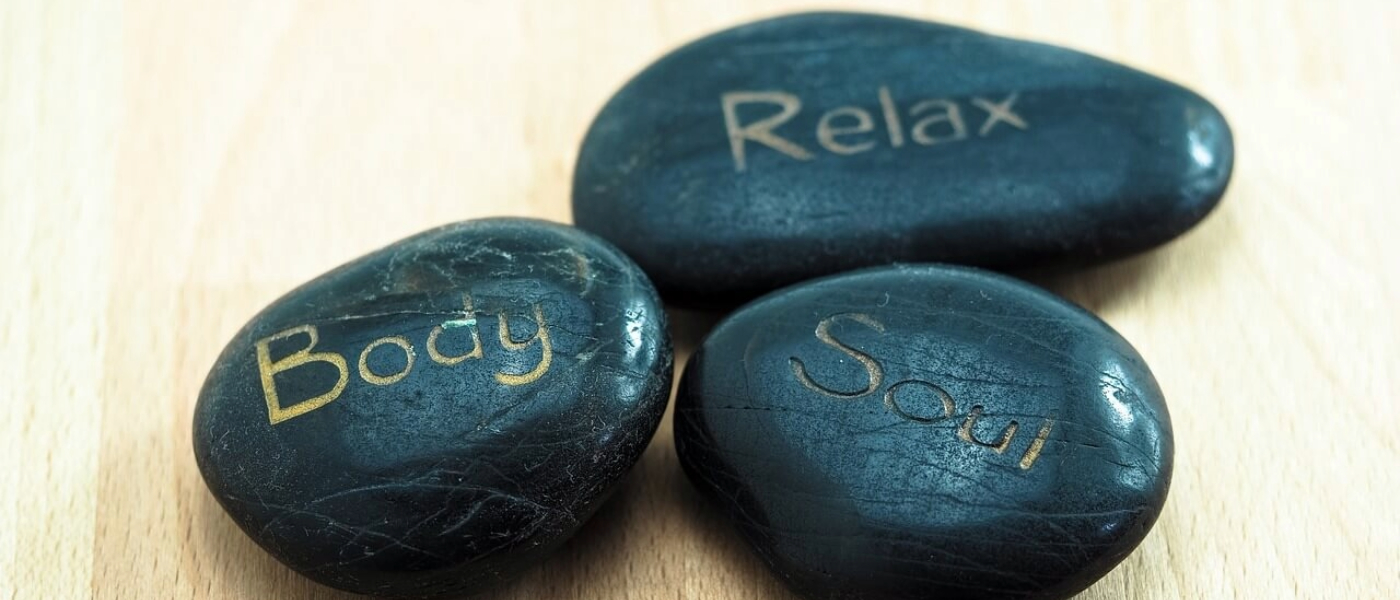Solar Plexus: The vital energy center of your body

Imagine an ordinary morning—you’re getting ready for a busy day, and suddenly, this uneasy feeling creeps into your body, somewhere between the sternum and the navel.
It’s a kind of knot that just sits there, making it harder to concentrate. That’s your solar plexus talking.
This often-overlooked nerve center plays an essential role in our physical, emotional, and spiritual well-being. But just how important is it, and how does it influence our daily lives?
In this article, we’ll answer common questions about the solar plexus, explore its functions, identify causes of its imbalances, and share practical ways to care for it.
See also >>>> Ito thermie: therapy between tradition and science
Where is the Solar Plexus located?

The solar plexus, also called the celiac plexus, is a cluster of nerves located in the upper abdominal area.
Specifically, it sits behind the stomach and in front of the aorta, just below the sternum and above the navel.
This nerve network is part of the autonomic nervous system and supplies vital impulses to abdominal organs such as the liver, pancreas, stomach, and intestines. Its ray-like pattern resembles the sun, hence the name “solar” plexus.
What does the Solar Plexus do?
The solar plexus functions as a command center for many automatic processes in the body:
- Digestion: It regulates peristalsis, the wave-like muscle contractions that move food through your digestive system.
- Stress Response: When activated by stress, the solar plexus initiates the “fight or flight” response, redirecting blood flow away from digestion to prepare your body for action.
- Emotional Signals: This energy center communicates with your brain, affecting emotions, self-esteem, and gut instincts.
Ever felt “butterflies” in your stomach before an important event? That’s your solar plexus reacting to emotional signals.
Also read >>> Meaning of a yellow aura
Why do I have Solar Plexus pain?

Pain or discomfort in the solar plexus can stem from various causes:
- Stress and Anxiety: High stress can overstimulate this nerve center, leading to tension, digestive issues, or a “knot” in your stomach.
- Trauma: A blow to the solar plexus can temporarily paralyze the diaphragm, causing sharp pain and difficulty breathing.
- Digestive Disorders: Conditions like acid reflux, irritable bowel syndrome (IBS), or pancreatitis can cause discomfort in this area.
- Postural Issues: Poor posture can compress the abdominal nerves, contributing to chronic tension.
If you experience persistent or severe solar plexus pain, consult a healthcare provider to rule out underlying medical conditions.
See also >>> Root Chakra or Muladhara
How is the Solar Plexus linked to emotional health?

In spiritual traditions, the solar plexus is associated with the Manipura chakra, the third chakra in the body’s energy system. Known as the “city of jewels,” this chakra governs:
- Personal Power: Confidence, self-esteem, and the ability to make decisions.
- Emotional Balance: The chakra’s element is fire, symbolizing transformation and resilience.
- Digestive Energy: Its connection to digestion ties physical health to emotional well-being.
When balanced, this chakra radiates vitality and a sense of purpose. However, blockages can lead to low self-esteem, indecision, or fatigue.
Also read >>> Sacral Chakra and menstruation
Techniques to balance the Solar Plexus

Caring for your solar plexus involves practices that support both the physical nerve center and the Manipura chakra. Here are some techniques to restore balance:
1. Breathing Exercises
Deep breathing exercises are one of the simplest ways to calm your solar plexus, and honestly, it works wonders.
Just try this: sit comfortably, place a hand on your stomach, and inhale deeply through your nose. Feel your stomach expand—now slowly exhale through your mouth.
Doing this for just five minutes a day can really help.
- Sit comfortably and place one hand on your stomach.
- Inhale deeply through your nose, letting your stomach expand.
- Exhale slowly through your mouth, feeling your stomach contract.
Repeat this for 5–10 minutes daily.
2. Yoga Poses
Certain yoga postures target the solar plexus area:
- Boat Pose (Navasana): Strengthens the core and stimulates digestive energy.
- Cobra Pose (Bhujangasana): Opens the abdominal region and promotes energy flow.
- Warrior Pose (Virabhadrasana): Builds confidence and inner strength.
3. Diet and Nutrition
Support your solar plexus with a balanced diet:
- Yellow Foods: Bananas, corn, lemons, and turmeric are thought to energize the Manipura chakra.
- Digestive-Friendly Choices: Avoid overly acidic or processed foods to reduce digestive stress.
4. Positive Affirmations
Reframe your inner dialogue with affirmations like:
- “I am confident and capable.”
- “I trust my instincts and inner power.”
Repeat these daily to boost your self-esteem and strengthen the solar plexus.
5. Relaxation Practices
Incorporate activities like meditation, Tai Chi, or guided visualization to reduce tension in the abdominal area and enhance energy flow.
Preventing Solar Plexus imbalances
To maintain a healthy and balanced solar plexus, consider these lifestyle habits:
- Postural Awareness: Sit and stand with a straight spine to prevent compression of abdominal nerves.
- Stress Management: Practice mindfulness or relaxation techniques to keep emotional stress in check.
- Regular Movement: Engage in gentle exercise like yoga or walking to encourage energy circulation.
The Solar Plexus as a gateway to well-being

The solar plexus is more than a nerve hub—it’s a powerful center of energy, emotion, and intuition. In spiritual traditions, this area is seen as the seat of personal power, illuminating our path to confidence and resilience.
By nurturing this vital center with conscious practices, we can harmonize body, mind, and spirit, creating a foundation for holistic well-being.
What do you do to care for your solar plexus? Share your experiences in the comments below!
See also >>>> Benefits of Cold Bath
FAQs
The solar plexus, also known as the celiac plexus, is a network of nerves located in the abdomen, just behind the stomach and in front of the aorta. It plays a crucial role in regulating digestive functions and responding to stress.
The solar plexus is deeply connected to your emotional well-being. It influences feelings of confidence, self-esteem, and anxiety. When this area is balanced, you may experience emotional stability and inner strength.
Pain or tension in the solar plexus can be caused by stress, poor posture, digestive issues, or emotional distress. These factors can disrupt the balance of the solar plexus, leading to discomfort.
To balance your solar plexus, engage in activities like deep breathing exercises, yoga, and meditation. Eating a balanced diet and practicing relaxation techniques can also help maintain its harmony.
In many spiritual traditions, the solar plexus is associated with the Manipura chakra, representing personal power and self-confidence. Balancing this chakra is believed to enhance your inner strength and ability to navigate life’s challenges.
Signs of an imbalanced solar plexus include feelings of insecurity, low self-esteem, excessive control issues, or digestive problems. If you experience these symptoms, it may be beneficial to focus on nurturing this energy center.
Yes, diet plays a significant role in maintaining the health of the solar plexus. Consuming yellow foods like bananas and lemons, which are associated with the solar plexus chakra, can support its balance and overall well-being.
Quick practices include diaphragmatic breathing, affirmations like “I am confident and powerful,” and engaging in yoga poses that target the abdominal area, such as the warrior or boat pose.





I had no idea how much the solar plexus affects everything from confidence to digestion until I read this. The way you explained it made the whole chakra system feel more approachable, not just some abstract concept. I actually tried a couple of the breathing practices you mentioned and could feel this subtle warmth in my core. Definitely makes me wanna explore my energy body more and pay attention to what it’s telling me.
I’ve been meditating on Manipura chakra but didn’t really know the science part. This article tied it all together for me.
I didn’t realize trauma to the solar plexus could literally paralyze the diaphragm. That sounds intense.
Yellow foods for the solar plexus?? I’m adding more turmeric and bananas to my meals now.
This is one of the best explanations of chakras I’ve read — clear, simple, not too “out there” but still spiritual.
Thank you for mentioning posture. I slouch at my desk all day and now I understand why I get tension in that exact spot.
Boat pose is the hardest for me 😅 but now I see it has a purpose beyond just working my abs.
I’ve always felt butterflies in my stomach before big events. Crazy to think that’s literally my solar plexus talking.
Love the breathing exercise tip. Tried it right after reading and honestly felt calmer right away.
The link to confidence and self-esteem really hit me. I’ve been feeling low lately and maybe my solar plexus is blocked.
This article explained it so clearly. I always just called it a “knot in my stomach” but now I get it’s more than that.
Wow, I never knew the solar plexus was behind the stomach. Makes sense why stress always shows up in my digestion first.